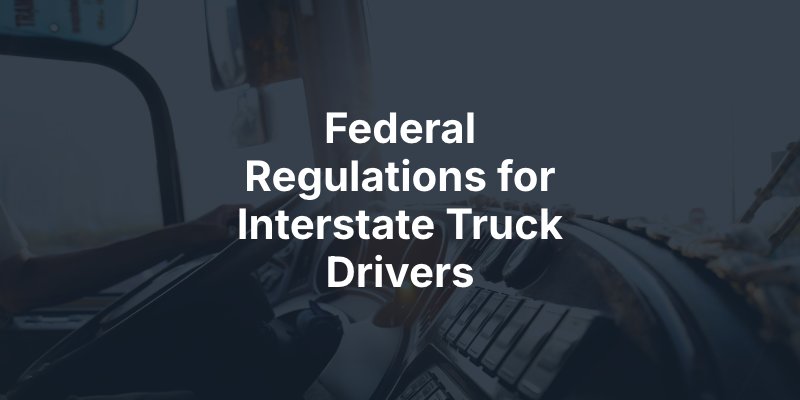California’s meal and rest break rules provide strong protections, but interstate truck drivers face federal preemption under FMCSA regulations. Preemption means that when federal and state laws conflict, the federal law overrides the state law. As a result, most drivers who cross state lines must rely on federal rules, not California’s laws.
Learn more about your rights and protections as an interstate truck driver under FMCSA regulations with Aegis Law today.
In 2018, the FMCSA determined that California’s meal and rest break laws are preempted for property-carrying commercial drivers subject to federal hours-of-service regulations. The agency concluded that California’s rules:
This decision meant that many interstate truck drivers could no longer claim California meal and rest break protections when covered by federal law.
California requires most employers to provide:
If an employer fails to provide these breaks, the worker is entitled to one hour of additional pay for each day a meal period or rest period is denied. These rules are strictly enforced across most industries.
Most truck drivers fall under federal law, specifically the Federal Motor Carrier Safety Administration (FMCSA) regulations. These rules limit the number of hours a driver may operate and mandate rest periods to protect public safety.

Key FMCSA rules include:
Even though California’s meal and rest break laws are preempted for many interstate drivers, employers must still comply with federal regulations. Violations of those rules can form the basis of legal claims for unpaid wages, safety violations, or wrongful termination.
Truck drivers’ advocates and labor organizations challenged the FMCSA’s preemption determination in federal court. In 2021, the Ninth Circuit Court of Appeals upheld the FMCSA’s decision, ruling that California’s meal and rest break rules do not apply to drivers governed by federal hours-of-service rules.
As a result, interstate truck drivers who cross state lines and fall under FMCSA regulations are generally not entitled to California’s separate meal and rest break protections.
Not all drivers are exempt from California’s laws. The federal preemption applies primarily to interstate property-carrying drivers subject to FMCSA rules. Employees who may still benefit from California’s meal and rest break laws include:
If you are a truck driver and believe your employer has denied you required breaks, consult our Orange County employment lawyer by scheduling a free consultation today. They can review your situation, explain whether state or federal law applies, and pursue the wages or penalties you may be owed.